Acclaim for
J ULIA B LACKBURNS
The Emperors Last Island
An evocation of Napoleon on St. Helena which is [also] a story of possession. Blackburn lets the St. Helena myth take charge of her, and it turn[s] out a richer and stranger affair than one had realized. She passes from the live to the dead body of Napoleon, to the taking of death masks and the first amazing entombment without change of speed or tone. An intensely attractive feat of writing.
New York Review of Books
Interesting and engagingly unpredictable an unusual, highly idiosyncratic account of Bonapartes activities on St. Helena, of the comic-opera events following his death, and of the history of the island itself.
The Atlantic
An engaging conflation of history, botany, travelogue and memoir [that] makes for absorbing reading.
Wall Street Journal
A dazzling collage of geography, biography and autobiography, displaying a spontaneity and breadth not usually encountered in conventional histories or biographies.
The New York Times Book Review
A lovely meditation on [St. Helena] and Napoleons years there. The island proves to be as interesting a subject as its most famous resident.
USA Today
Magically idiosyncratic, permeated with madness and fantasy, absurdity and despair. It is an elegiac, whimsical tale of a strange island and its history of decay. It is also a bewitching account of Blackburns own bewildered expedition there a spellbinding narrative.
The Times (London)
Haunting Absurdity and tragedy alternate and overlap in this tale of pomp in reduced circumstances. Part autobiography, part travelogue, part history, it adds up to a melancholy and exquisitely bizarre essay on fame, mortality and the vanity of human wishes.
London Review of Books
Julia Blackburn is an astute and gifted biographer. Her style is economical, and where appropriate, graceful: always lucid, sometimes poetic, never gushing. Her book will intrigue and enthrall.
The Spectator

JULIA BLACKBURN
The Emperors Last IslandJulia Blackburn lives in Suffolk, England,
with her husband and their two children.
 VINTAGE BOOKS EDITION
VINTAGE BOOKS EDITION
Copyright 1991 by Julia Blackburn
All rights reserved under International and Pan-American Copyright Conventions. Published in the United States by Vintage Books, a division of Random House, Inc., New York. Originally published in Great Britain in hardcover by Martin Secker & Warburg Limited, London, in 1991. First published in the United States by Pantheon Books, a division of Random House, Inc., New York, in 1992.
Grateful acknowledgment is made to New Directions Publishing Corporation for permission to reprint lines from Away Melancholy from The Collected Poems of Stevie Smith. Copyright 1972 by Stevie Smith. Reprinted by permission.
Library of Congress Cataloging-in-Publication Data
Blackburn, Julia.
The emperors last island: a journey to St. Helena / Julia Blackburn.
p. cm.
Includes bibliographical references.
eISBN: 978-0-307-82922-1
1. Napoleon I, Emperor of the French, 17691821Exile, 18151821Saint Helena. 2. FranceKings and rulersDeath and burial. 3. Blackburn, JuliaJourneysSaint Helena. 4. Saint HelenaHistory. 5. Saint HelenaDescription and travel. I. Title.
DC211.B57 1993
944.05092dc20 92-50597
Author photograph Jerry Bauer
v3.1
For Hein, with love
Contents
Acknowledgements
I would like to thank the Authors Foundation at the Society of Authors for giving me a generous travel grant at a time when it seemed impossible to arrange the journey to St. Helena.
Trevor Hearl, a long-standing friend of St. Helena and its people, provided me with a great deal of information about the islands complicated past history and its present developments.
The London Library was the chief source for the books and periodicals I have consulted in London. In France I was most grateful for the help of M. Chevallier and M. Pougetoux at the Muse National du Chteau de Malmaison.
The people of St. Helena were hospitable and kind, but I am particularly grateful to George and Coral Moyce; to our neighbours Mary Lawrence and Aubrey and Sonia Lawrence, as well as to Julian Cairns-Wicks at Mount Pleasant and Cecil Maggott, Custodian of Records at the Government Archives in Jamestown.
I would also like to thank Rosalie Blackburn, Basil Saunders, Dan Franklin, Toby Eady and Kiek Droogleever Fortuyn. My husband, Hein Bonger, read the manuscript during the various stages of its development and his comments were always clear and valuable.
Finally I would like to say that my two children, Natasha and Martin Thomas, proved themselves to be enthusiastic travelling companions.
I could be bounded in a nutshell and count myself a king
of infinite space, were it not that I have bad dreams.
Shakespeare, Hamlet
How far is St. Helena from the field of Waterloo?
A near waya clear waythe ship will take you soon.
A pleasant place for gentlemen with little else to do.
Rudyard Kipling, A St. Helena Lullaby
Are there any lions or tigers about here?
she asked timidly.
Its only the Red King snoring, said
Tweedledee.
Lewis Carroll,
Through the Looking Glass
W hen I first started to think about the idea of a man like Napoleon trapped on an island like St. Helena, I was reminded of an incident I had witnessed many years ago, on a road in the mountains somewhere in southern Spain. A small car travelling just ahead of me suddenly crashed into the large nose of an oncoming lorry. The car contained three members of the guardia civil police force and the leader of the three men, a general distinguished by the ribbons and medals that decorated his dark uniform, was sitting in the front passenger seat, so that when the collision took place he was thrown forward, his head hit the windscreen and he suffered a mild concussion. The other two men were unharmed and I watched as they hurriedly clambered out of the car and began to heave the passive body of their superior onto the road. His face was deathly pale, but although it was without expression it still looked rather dangerous, as if the owner might at any moment open his jaws and bite.
Now the two officers obviously had to try to behave correctly in the presence, albeit the unconscious presence, of such an important person, and so instead of leaving him lying there helpless and unattended, they heaved him up from the hot naked road and, with one of them holding him by the feet while the other grasped him under the arms, they went to discuss the accident with the lorry driver. There they stood for what seemed like an interminable length of time, in the heat of the day, with that heavy body hanging between them, the medals glinting lopsidedly in the sun, the socks exposed and a military hat balanced on a gently heaving chest. At last they had worked out who was to be blamed for what and with tottering steps they returned to their car, pulled and pushed the general along the length of the back seat, climbed in themselves and continued on their interrupted journey. It was tempting to think that for a brief moment I had seen the unconscious man open his eyes and stare incredulously at what was taking place, before lapsing back into an uneasy oblivion, but perhaps that was only a trick of the bright sunlight.


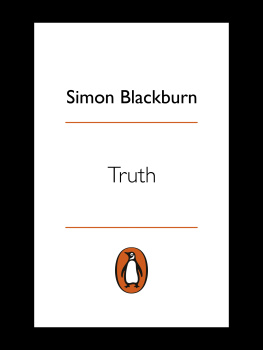





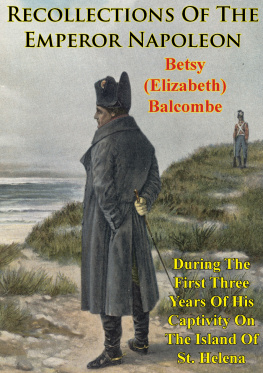
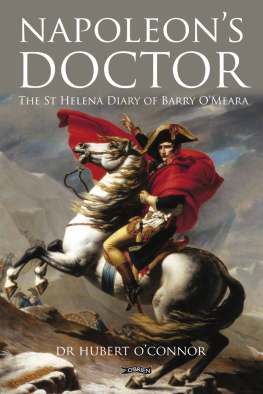
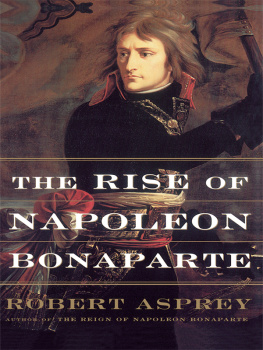
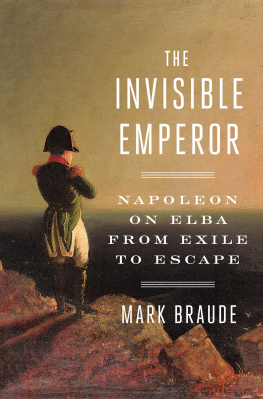
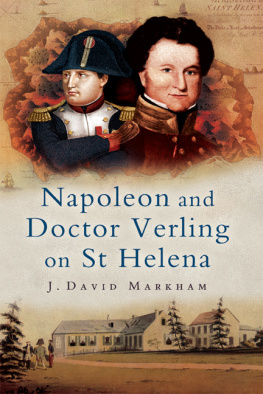
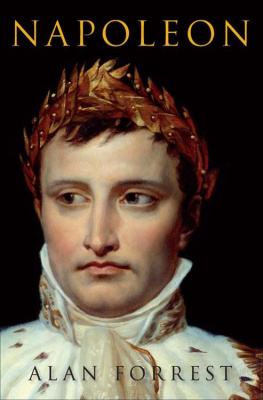
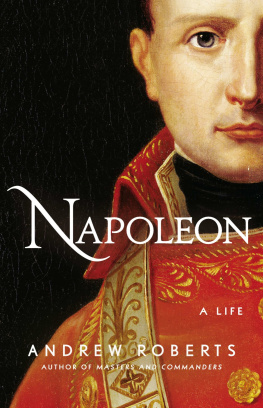
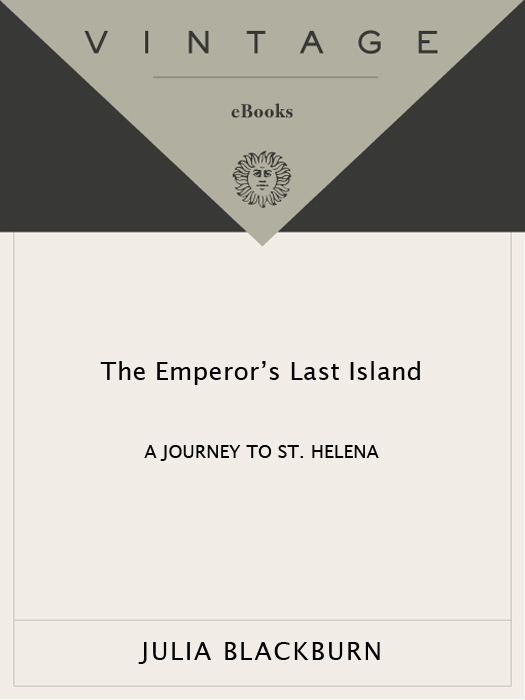

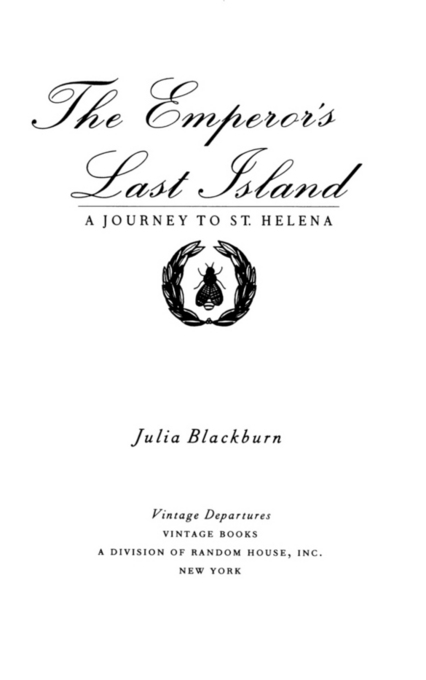
 VINTAGE BOOKS EDITION
VINTAGE BOOKS EDITION